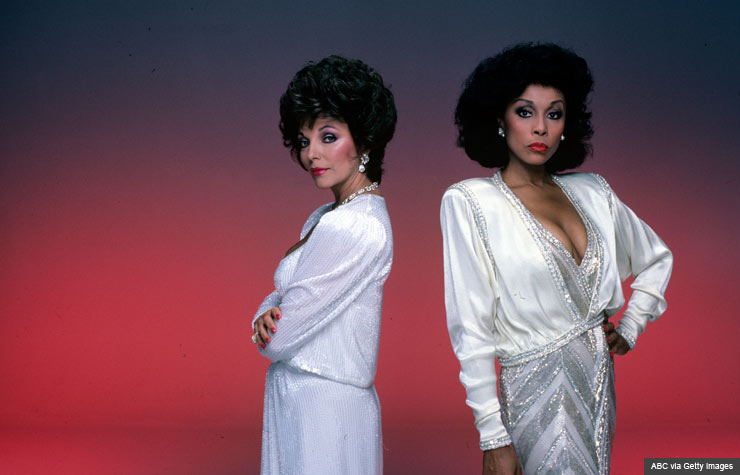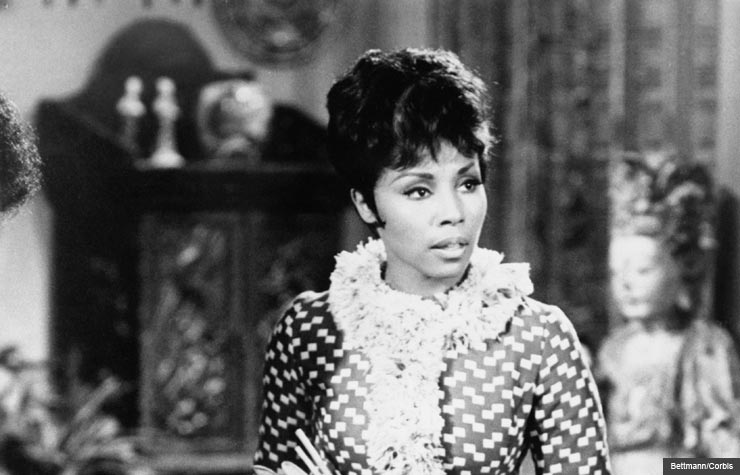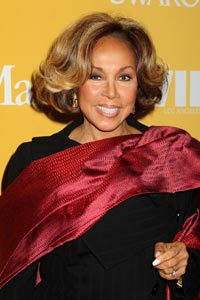Staying Fit


Diahann Carroll broke television barriers in 1968 as the lead character in NBC's Julia, becoming the first black actress to star in her own series. In 1984, she did it again, as the glamorous invader of the all-white environment of nighttime soaps as Dynasty's Dominique Deveraux.
On Jan. 22 Carroll, now 77, appears in the PBS Pioneers of Television segment "Primetime Soaps," which is a look at over-the-top 1980s-era hits such as Dallas and Dynasty.


AARP Membership— $12 for your first year when you sign up for Automatic Renewal
Get instant access to members-only products and hundreds of discounts, a free second membership, and a subscription to AARP the Magazine.
Diahann Carroll has also been a singer and Broadway star, and continues to work on popular shows from Grey's Anatomy to White Collar. The oft-married grandmother — once engaged to Sidney Poitier — talked to us about her role in integrating primetime TV, lessons learned from more than five decades as an entertainer, and what it was like to swap slaps with Joan Collins.


Q. What concerns did you have about taking the title role in Julia back when TV was far from integrated?
A. I thought it would be a glorious idea, but the thought of [moving to California and] not being in New York really frightened me. I'm a staunch New Yorker. My parents were there. I married there, I had a baby. And I could see the controversy, that this was considered a major step forward in terms of television shows starring black actors. Fortunately, we went on the air and it was received very well. But in order to make that step, a lot of adjustments had to be made for a little New York lady who thought the world revolved around New York City.
Q. Talk about how you ended up on Dynasty —a world of rich white people with big hair and big shoulder pads.
A. I saw the show and I thought, "Oh, this is absolutely a hoot, I love it." I thought it would be great fun if they thought that I could fit into this. And so my manager and I approached them, and [we had] a meeting. I was absolutely thrilled [to get the part]. I just loved the opportunity to put this character, Dominique Deveraux, on screen. We were all very excited — we knew that it would be the talk of the town.


































































More on Entertainment
8 Celebrities Still Doing What They Love After 90
Catch up (if you can!) with Mel Brooks, Rita Moreno, Dick Van Dyke and more
Sorry, Kids: Grownup Movie Stars Are Literally Ruling TV Right Now
Harrison Ford, Kevin Costner, Sylvester Stallone and Jeff Bridges lead TV’s renaissance
These 12 Older Stars Are Ruling Netflix
AARP cracks the code to reveal our first ranked list of the streamer’s grownup superstars